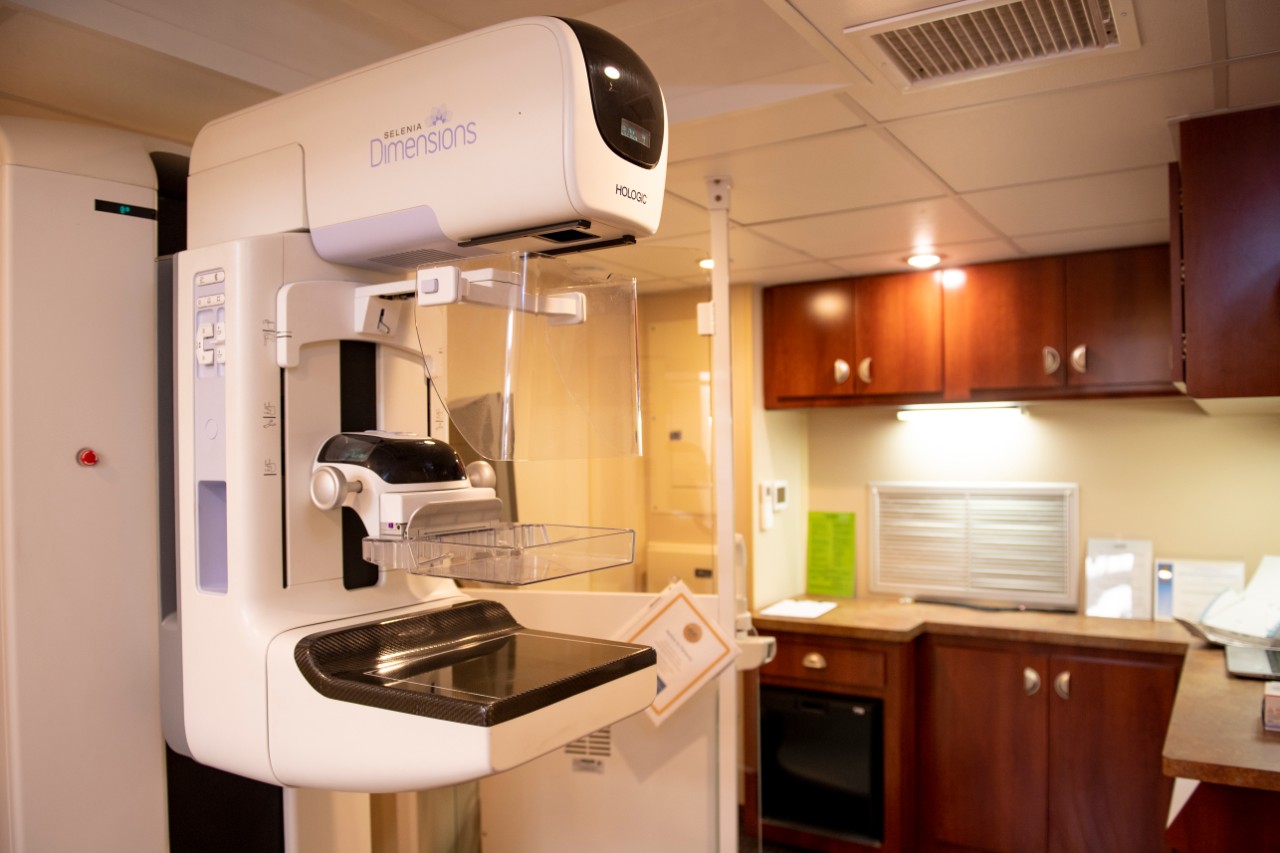
WLWT: A change in mammography standards could help save lives
A new Food and Drug Administration policy will soon require health care providers to tell women if they have dense breast tissue, a trait that can make cancer harder to detect. The move is aimed to support prevention, early detection and treatment of breast cancer.
The announcement also follows advocacy from patients, lawmakers and University of Cincinnati Cancer Center physicians that led to the passage of Ohio House Bill 371, which requires insurance companies to cover additional screenings for individuals who are at high risk for breast cancer or have dense breast tissue.
Erich J. Boomgarden, MD, assistant professor in UC's College of Medicine and a UC Health radiologist, told WLWT mammography is still the standard of care, but additional MRI or ultrasound screenings can help see through dense breast tissue.
"If you get your screening mammogram, and assuming it comes back negative, meaning there was nothing suspicious in there, we would recommend getting a supplemental screening in six months," Boomgarden said. "We do that because it's helpful for us because again, by staggering it that way, then anything that may be developing, between the screening mammogram and MRI hopefully will be detected sooner then."
Featured photo at top of a 3D mammogram machine. Photo/Colleen Kelley/UC Marketing + Brand.
Related Stories
Inside the wild ways many creatures make milk
May 14, 2024
UC biologist Joshua Benoit tells Smithsonian that it's not just cows and other mammals that make milk for their newborns. Even some insects like beetle-mimic cockroaches and tsetse flies produce a protein rich "milk" for their babies.
Increasing syphilis cases highlight treatment barriers across Ohio
May 14, 2024
The University of Cincinnati's Carl Fichtenbaum spoke with the Cincinnati Enquirer about a recent report that found Hamilton County syphilis cases reached a six-year high in 2023.
Cheers to saving lives
May 14, 2024
Hoxworth Blood Center is partnering with local breweries to host more than 15 mobile blood drives this summer.
